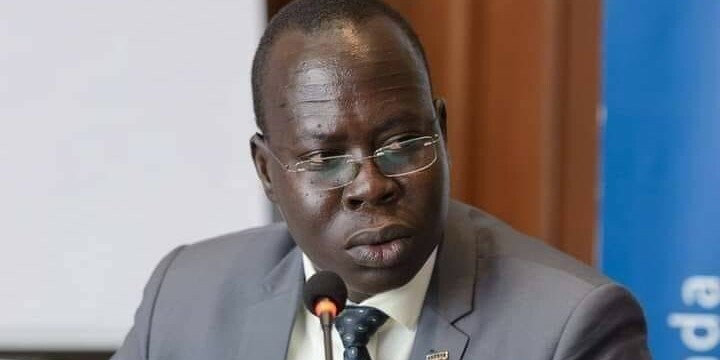South Sudan has experienced numerous challenges since independence due to patriarchal systems that weaken and undermine the participation of South Sudanese women in public life.
As a result, women can easily be radicalized due to economic hardships among women and youth which threaten democracy, the rule of law, and human rights. South Sudan does not have legal frameworks on Preventing Violent Extremism (PVE) and Countering Terrorism which put the country at a disadvantage regarding extremists and radicals.
Theme: Preventing Violent Extremism and Countering Terrorism: Integrating Gender Perspectives.
My paper will examine the Purpose and New Developments: A General Analysis of Gender within Terrorism and Violent Extremism Legal Frameworks in South Sudan.
The global trend of securitized responses to violent extremism and militarized approaches continued to take priority over development and resilience approaches. In particular, the interlinkages and relevance of gender equality, and women’s rights, to efforts of prevention of violent extremism remain largely undefined given the scarcity of evidence. This situation has made it difficult for gender practitioners to make a compelling case for security actors to ensure that policies and programmatic interventions are gender sensitive and do contribute to promoting gender equality, and or to proactively address negative practices that may harm women’s rights or reinforce discriminatory practices.
Women’s right to participate in security and PVE decision-making platforms and their contributions to sustaining peace remain largely underfunded and limited. Women also remain overwhelmingly underrepresented in security platforms, whether at the international, regional, and or national levels. The situation has continued during the COVID-19 pandemic as attested by statements and recommendations made by independent and women-led civil society organizations (CSOs) from contexts impacted by terrorism.
Prevention of Violent Extremism (PVE) strategies often assume a narrow focus on the role of women as either victims and or peacemakers who can help prevent ‘violent extremism,’ without recognizing women’s agency as political agents as well as the power dynamics which are all relevant aspects of violent extremism (feminist perspectives). For example, PVE Strategies usually lack the inclusion of the role of women as political agents and fail to recognize the power relations between men and women in a given context that usually dictates their different roles in violent extremism. This has led to limited attention to addressing structural inequalities and barriers that directly contribute to exacerbating vulnerabilities.
Meanwhile, shrinking space for civil society organizations continued to challenge gender equality and women’s empowerment efforts worldwide. The proliferation of counter-terrorism frameworks at all levels continues to harm civic space and limit the work of women-led civil society organizations. In some contexts, human rights activists are labeled as sympathizers of terrorist groups. It must be noted that CSOs operating in areas directly affected by violent extremism are reported to be under strict surveillance and scrutiny by security agencies in South Sudan.
Note: This article does not represent or reflect the views of the institution I work for.
Ter Manyang Gatwech is a human rights activist and can be reached via termanyang24gmail.com.
The views expressed in ‘opinion’ articles published by Radio Tamazuj are solely those of the writer. The veracity of any claims made is the responsibility of the author, not Radio Tamazuj.




